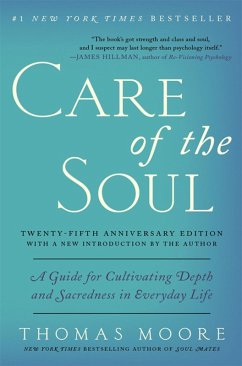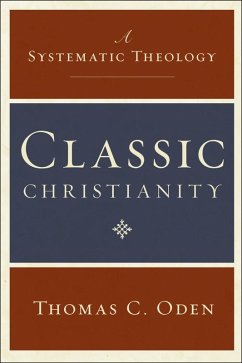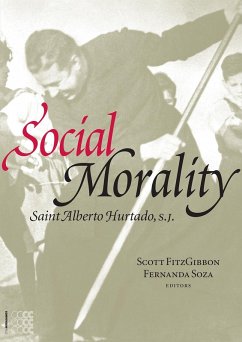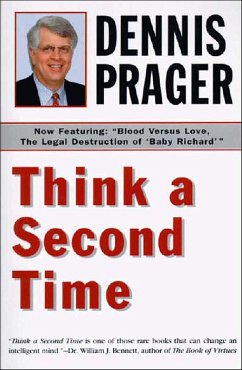
Thoughts on Life and Religion (eBook, ePUB)
An Aftermath from the Writings of The Right Honourable Professor Max Müller
Redaktion: G. A. M.
Versandkostenfrei!
Sofort per Download lieferbar
0,49 €
inkl. MwSt.
Weitere Ausgaben:

PAYBACK Punkte
0 °P sammeln!
In "Thoughts on Life and Religion," F. Max Mvºller explores the intricate relationship between human experience and spiritual belief, weaving together insights from philosophy, anthropology, and comparative religion. This work is characterized by Mvºller'Äôs eloquent prose and rigorous scholarly approach, exemplifying the intellectual zeitgeist of the late 19th century. Mvºller addresses questions of existence, morality, and the divine, drawing from a vast array of religious traditions to examine how belief shapes human life across cultures. His examination reveals the complex interplay b...
In "Thoughts on Life and Religion," F. Max Mvºller explores the intricate relationship between human experience and spiritual belief, weaving together insights from philosophy, anthropology, and comparative religion. This work is characterized by Mvºller'Äôs eloquent prose and rigorous scholarly approach, exemplifying the intellectual zeitgeist of the late 19th century. Mvºller addresses questions of existence, morality, and the divine, drawing from a vast array of religious traditions to examine how belief shapes human life across cultures. His examination reveals the complex interplay between personal experience and organized religion, positioning the text within the broader discourse of humanistic inquiry and the emerging field of comparative religion. As a pioneering figure in the study of comparative religions, Mvºller'Äôs academic background in philology and his deep engagement with various religious texts informed his perspectives on spirituality. His personal journey, marked by a commitment to understanding the essential truths of human experience, motivated him to reflect on the universal themes of life and religion. Through this scholarly lens, Mvºller confronts the challenges of his time, including the rise of secular thought and the questioning of traditional beliefs. "Thoughts on Life and Religion" is an essential read for anyone seeking to understand the complexities of faith and existence. Mvºller'Äôs interdisciplinary approach not only enriches our comprehension of different religions but also invites readers to engage in their own reflections on life'Äôs profound mysteries. This text is a compelling invitation to explore the transformative power of belief and the philosophical ponderings of one of the foremost thinkers of the Victorian era.
Dieser Download kann aus rechtlichen Gründen nur mit Rechnungsadresse in A, B, BG, CY, CZ, D, DK, EW, E, FIN, F, GR, H, IRL, I, LT, L, LR, M, NL, PL, P, R, S, SLO, SK ausgeliefert werden.













